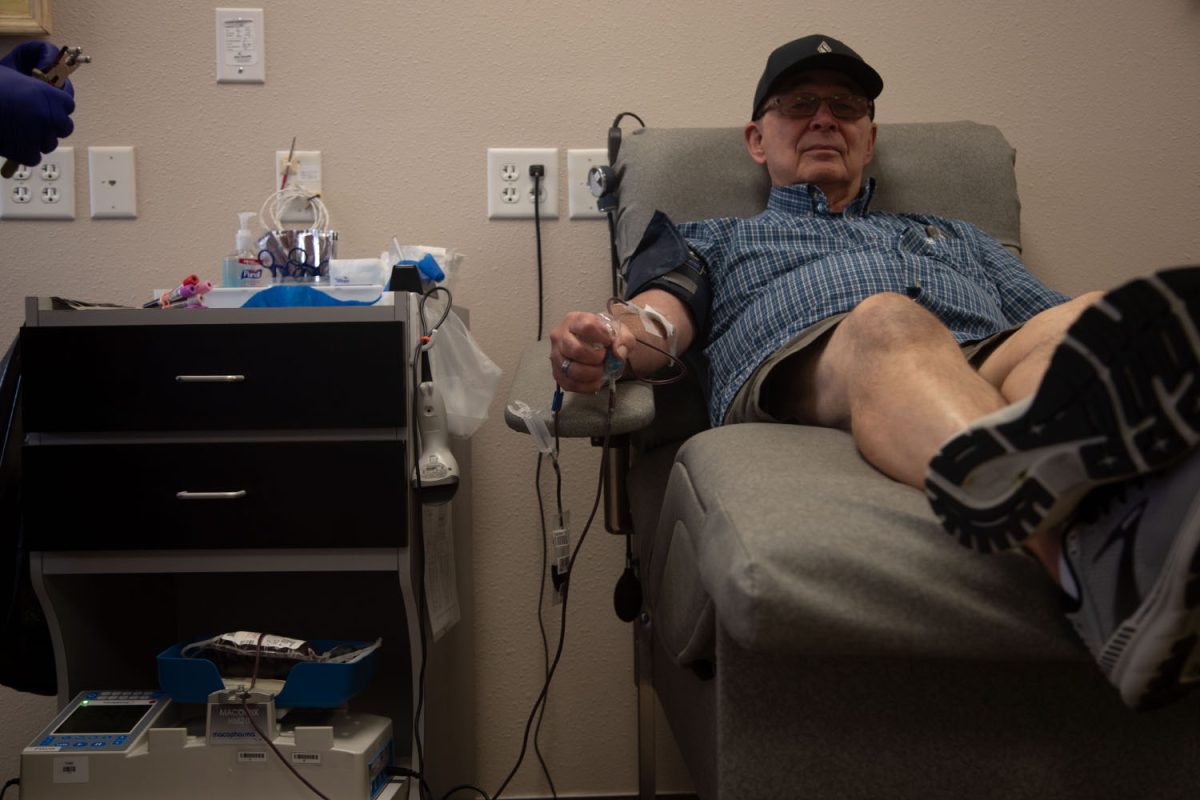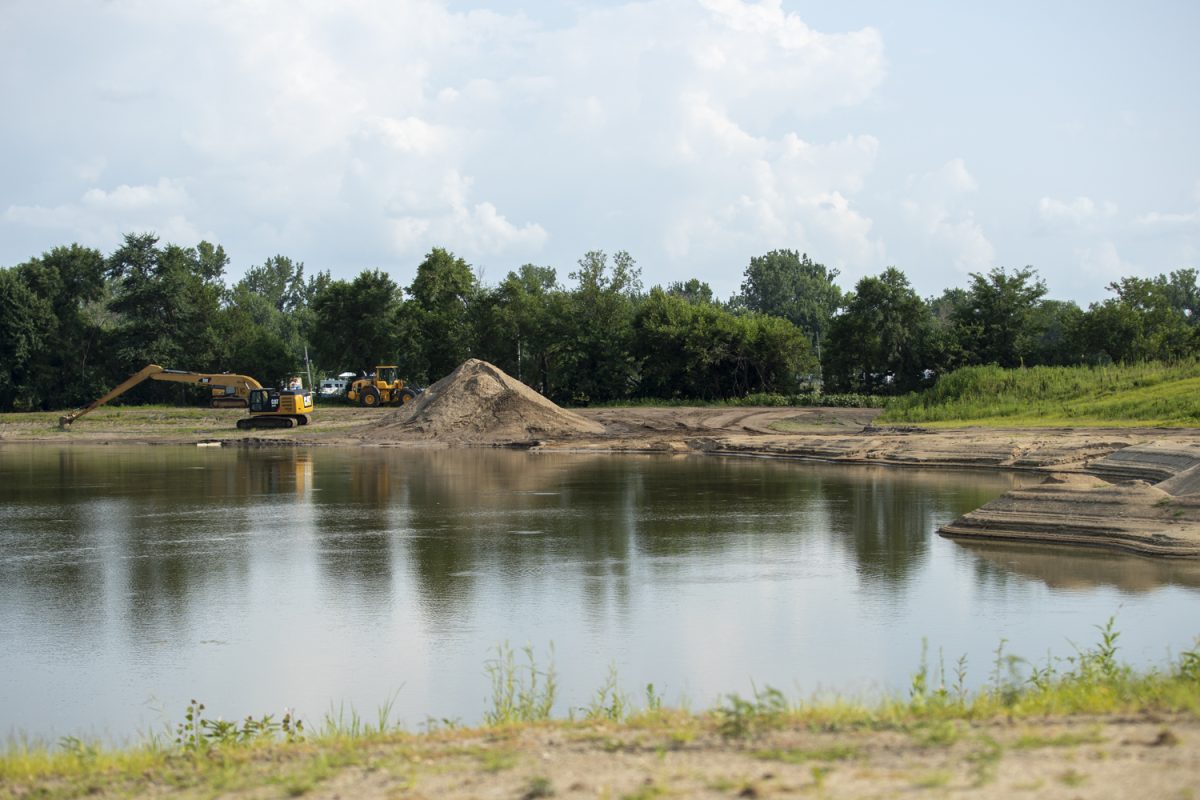ImpactLife, a blood donation center in Coralville, has seen a drop in the number of donors over the past three months, according to center officials.
Kirby Winn, the center’s manager of public relations, attributed this shortage to the summer season. Blood donation centers across the nation are also reporting shortages. The Red Cross reported on Sept. 11 that the national blood supply had fallen by 25 percent in early August.
“We do a lot of blood drives with high schools, colleges, and universities, and during the summer we don’t have those events,” Winn said.
Winn said in the previous year alone, ImpactLife had over 25,000 donations from school blood drives.
“Schools are a wonderful place because you’ve got people who are motivated to help their community, and donors are generally more healthy than the general public,” Winn said.
With school not being in session over the summer, ImpactLife’s blood donation drives have taken a significant hit. As of Sept. 1, the center had a day-and-a-half supply of type O, type O-negative, and type B. For type B-negative, the center had a two-day supply.
RELATED: Iowa blood-donation centers call for donations after canceled blood drives
For those outside of the school population, there are several factors that may prevent them from donating. Many people are often unable to schedule a donation or attend blood drives during the summertime because of vacations, planning complications, and other various reasons.
To meet the center’s desired donation levels, ImpactLife aims to have up to five to seven days of blood supply for any given type.
Over the past three months, however, the center has seen the number of donors dwindle, making it significantly harder to reach that goal.
“As we come in through that we think things are going to pick back up because the school year is starting up again, but currently we have approximately 600 fewer donors than we would like,” Winn said.
ImpactLife also donated a portion of its blood supply to Florida medical centers in the wake of Hurricane Idalia which hit the peninsula in August. Winn said they have only shipped what they feel comfortable sending out without putting local hospitals at risk.
“There are hospitals within our region where we have a commitment as we are their blood providers and we will be no matter what,” Winn said.
COVID-19 played a partial role in this shortage as many of ImpactLife’s scheduled blood drives have had to be canceled because of an uptick in infections.
Additionally, the donation center saw a drop in blood donations during COVID-19 as more and more people began skipping or canceling their appointments.
ImpactLife received four units of whole blood on Sept. 5, with the expectation of a total of eight units by the end of the day. They typically receive 15-17 units on average, depending on the day.
Rich LeMay, the site supervisor at ImpactLife, also equated the drop in donations at ImpactLife specifically to fewer people being willing to donate for free.
“Living in a college town, kids are often trying to find a way to make money and go to the plasma centers [like BioLife], who offer a different service and can receive cash for their donation,” LeMay said.
Skip Kempnich, who has type O blood, has one of the rarest and most needed blood types. Formally employed at the Registrar’s Office at the University of Iowa, he first heard about ImpactLife from his son, an employee at the center.
“It is such a pleasant experience, and it only hurts a little bit. It takes very little time, and there is always a need for blood.”










